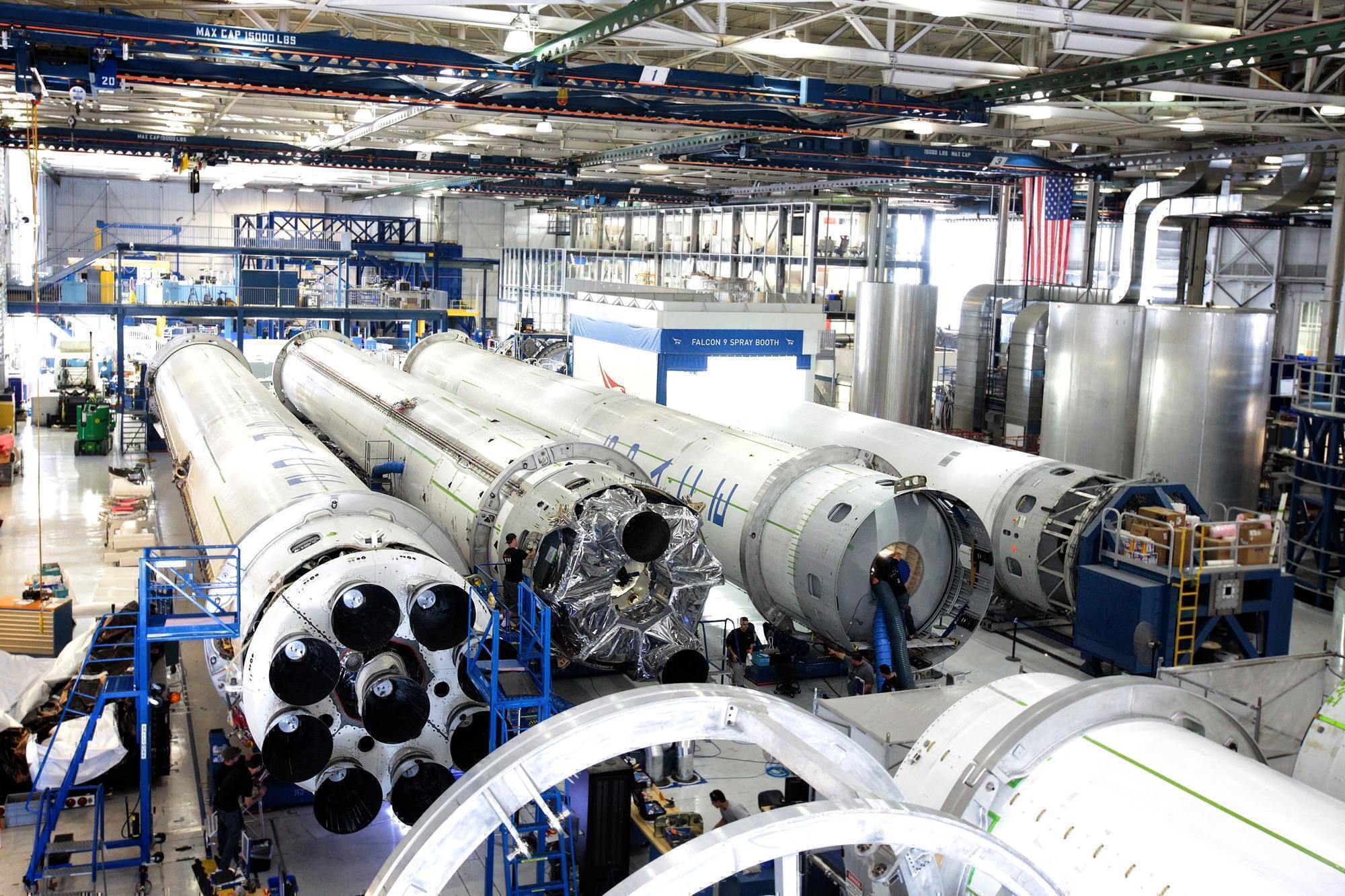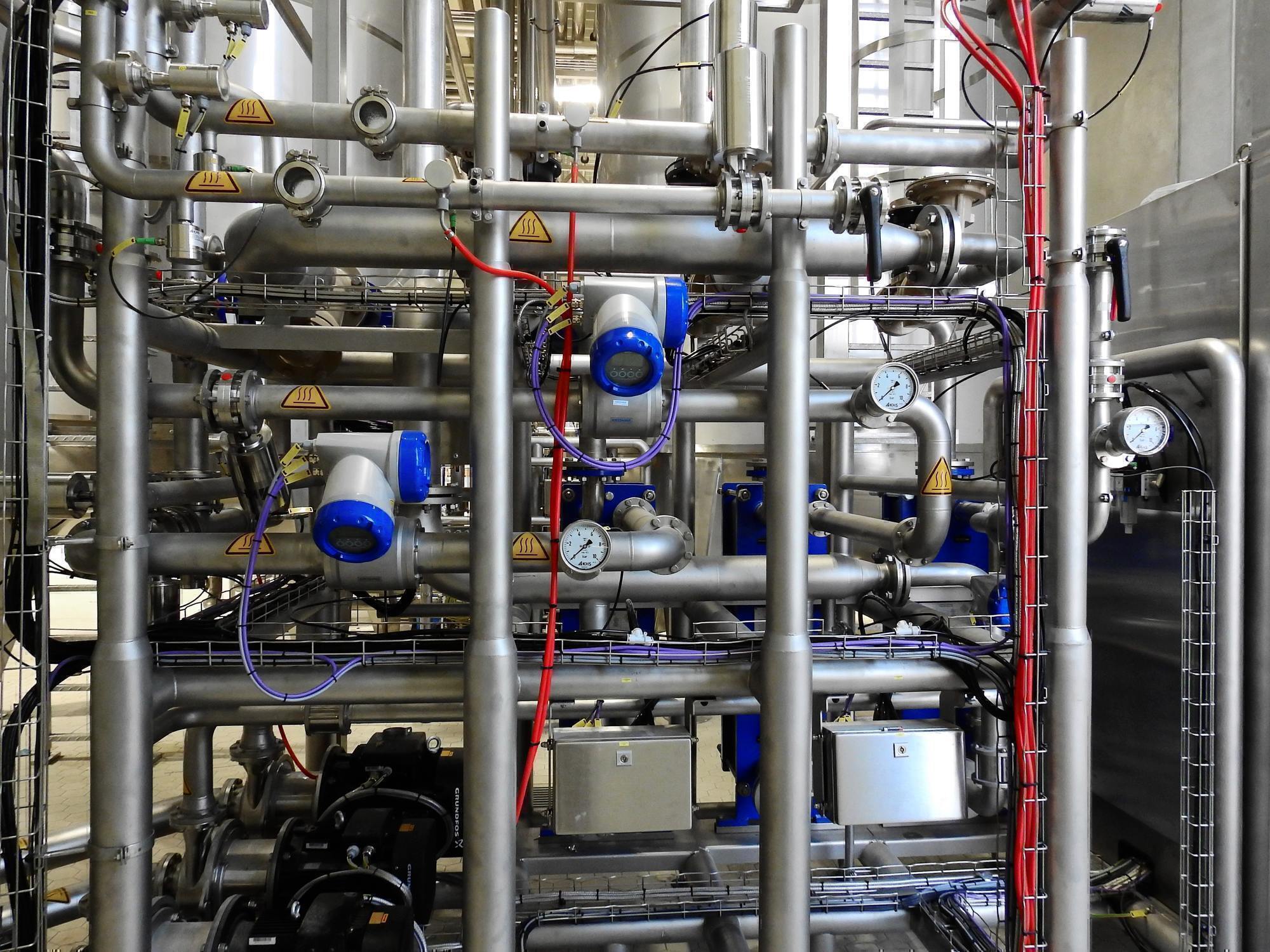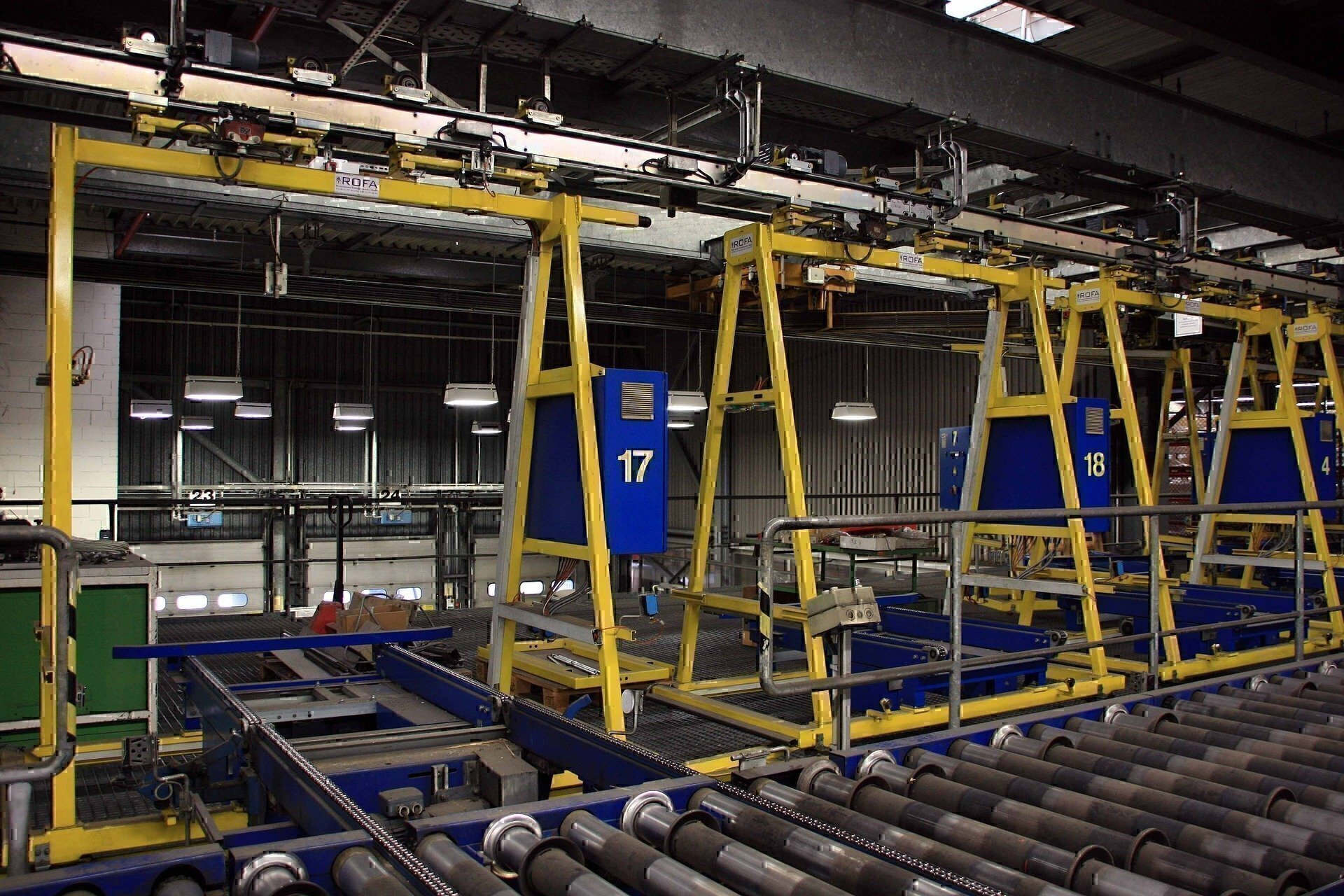Engineers are the people who create, design and process engines, machines, public works and many other items we use in the modern world. There is an engineer for everything. If you’d had engineering experience in the military, you should have a pretty god head start at getting your career going after your transition.
Here are the best engineering jobs for veterans.
Electrical Engineers
A job in electrical engineering requires a four-year college degree in electrical engineering or a closely related field. It also requires proficiency in math, problem solving, and writing. Being a self-starter who can communicate their ideas clearly both verbally and visually is a large part of this career.
A job in electrical engineering can be appealing to highly organized individuals who work well with processes. The career can also lead into management and supervisory roles, where leadership experience is valuable. It can also lead to a job in sales, where technical knowledge is necessary.
Duties of Electrical Engineering Jobs
Some of the responsibilities of electrical engineers include process documentation and development, designing systems and processes, and testing. These tasks require the application of deliberate planning. For a veteran who has experience supervising and planning how to complete routine tasks this should be a familiar feeling.
Engineering processes and designing systems is not identical to something like the Army’s Eight Step Training Model, but it should remind any leader who spent an extended period in the field of it. Integrating safety into designs and testing them should also feel familiar to any leader who had to work with Composite Risk Management or deliver a Safety Briefing.
How to Become an Electrical Engineer
The educational requirements for electrical engineering jobs are non-negotiable and could cause some to shy away. You will need a bachelor’s degree in electrical engineering or a related field. For upper level positions you may be required to have an advanced degree in electrical engineering.
A veteran would need to use their educational benefits, making a serious commitment to this career choice right away. The attributes of successful engineers also describe many successful leaders in the military, particularly junior Officers and Non-Commissioned Officers. Although it is not for everyone, headhunters who specialize in recruiting veterans will recruit for engineering roles in engineering firms or manufacturing, which opens another area.
Outlook for Electrical Engineering Jobs
According to the Bureau of Labor Statistics, in 2017 the median salary for an electrical engineer was $95,020. The top ten percent of electrical engineers earned more than $150,340 in the same period. Jobs in electrical engineering are expected to grow by 7% in the next ten years, which is around the same rate as other jobs. These jobs are available in geographically diverse areas as well.
Job opportunities for electrical engineers can come from a variety of fields. The most common is in engineering services, followed by electric power, and research and development.
There are also electrical engineer job opportunities in manufacturing, but these job opportunities are not expected to grow as quickly. Electrical engineering jobs are typically indoors in an office environment. Some of these jobs can include visits to factory or field environments for inspections or observations.
Opportunities for Electrical Engineering Jobs
Electrical engineering jobs offer some opportunities for veterans who have entrepreneurial spirit. These can come in more conventional engineering roles or in sales. Sales roles require strong presentation skills and interpersonal skills. They also require excellent technical knowledge and keeping up with industry trends and news. You can also work as a leader or as a manager as an electrical engineer after gaining several years of experience. It is possible to do this by leading teams of other engineers, project management or as a production supervisor.
Getting into the electrical engineering field can provide a career in energy, manufacturing or engineering firms. It can also provide a lengthy career with superior earning potential and the opportunity to work in a growing field.
READ NEXT: 10 OF THE HIGHEST PAYING JOBS FOR 2018
Industrial Engineers
Industrial engineers evaluate production processes and find ways to make them more efficient and environmentally friendly. They create and oversee systems of workers, machines, computers and other forms of technology to fulfill production processes.
Duties of Industrial Engineers
Overseeing productions processes and evaluating them to be more efficient is one of the main duties of an industrial engineer. They also develop management control systems and create quality control processes.
Industrial engineers may also communicate with clients regarding the production of materials or products. They may help evaluate cost saving measures in the production process, and implement them.
One type of industrial engineer, known as a manufacturing engineer, focuses on automated processes. They design and implement efficiency systems using robots, computers and other technology.
Industrial engineers must be able to take into account budgets and costs, available technology, workers and time schedules. Because of their versatility industrial engineers can be involved in many different areas of businesses, such as logistics or supply chain management.
Work Environment of Industrial Engineering Jobs
Industrial engineers typically either work in an office setting or wherever they are trying to improve a process. For example, an industrial engineer may observe a manufacturing plant to get an idea of how the manufacturing process runs. Once they have data behind what they have observed they may analyze that data and create a plan in an office setting.
It is important for industrial engineers to be able to delineate tasks and work well in a team setting. Because they are creating processes that will be completed by many people, it is important to understand how people interact.
How to Become an Industrial Engineer
In order to become an industrial engineer you will need a bachelor’s degree in industrial engineering or a related engineering field. Some industrial engineers have degrees in mechanical engineering or civil engineering. Typically, you will need an advanced degree in industrial engineering to be eligible for more senior positions.
Many employers will require some sort of field experience, so an internship or apprenticeship is highly recommended.
Outlook for Industrial Engineering Jobs
The Bureau of Labor Statistics says that as of May 2017 the average income for an industrial engineer was $85,880. Industrial engineering jobs are expected to grow 10 percent by 2026, which is faster than the average job is expected to grow during that time. Because industrial engineers have the ability to be used in many different industries, their demand should remain high.
Because industrial engineers are primarily focused on reducing internal costs, their services are widely used. They are employed in the manufacturing, whole-sale trade, shipping, energy and research/development industries, to name a few.
READ NEXT: GREAT IT JOBS FOR VETERANS
Civil Engineers
Civil engineers design, build and maintain the infrastructure of the world around us. Their work can be seen in railroads, highways, bridges, airports, sea ports, dams, buildings and plenty of other structures we utilize in every day life. Civil engineers also help design and build systems for water supply and sewage treatment.
Duties of Civil Engineering Jobs
When civil engineers are involved in projects to design or build structures, one of their main duties is to analyze maps, survey reports and other data in order to create the safest structure that can be built in the most efficient manner. During the planning stages of projects civil engineers will review construction costs, government regulations, environmental risks and other factors that can impact the both short term and long term outlook of the project.
Civil engineers also take part in the land surveying operations to prepare for the construction of buildings and other structures to ensure their structural integrity. Part of the surveying process may include examining soil tests to ensure that a structure’s foundation will be safe for use.
Civil engineers may also be called upon to perform repairs or maintenance on existing structures. As a civil engineer you will also be expected to present certain findings like bid proposals, environmental impact statements and property description.
Types of Civil Engineering Jobs
Construction Engineers: Construction Engineers manage construction projects to ensure that they are finished on time, within budget and in accordance to federal, state and local regulations.
Geotechnical Engineers: Geotechnical Engineers examine how built structures interact with the earth they are built upon. They plan and design slopes, retaining walls and tunnels. Some structures Geotechnical Engineers focus on are tunnels, bridges, buildings, runways and dams.
Structural Engineers: Structural Engineers design and assess structures such as buildings, dams and bridges.
Transportation Engineers: Transportation Engineers design, operate and maintain everyday systems such as streets and highways. They also are involved in the building and operation of larger projects such as airports, seaports and mass transit systems.
Work Environment of Civil Engineering Jobs
The specific environment civil engineers work in depends on what type of project they are working on. For example, a construction engineer may spend the majority of their time at a construction site, while a structural engineer may spend most of their project time in an office setting. You may be required to relocate frequently to keep up with a project.
The majority of civil engineers work full time, with some working more than 40 hours per week.
READ NEXT: HIGH PAYING TECHNOLOGY JOBS FOR VETERANS
How to Become a Civil Engineer
In order to become a civil engineer you will need a bachelor’s degree in civil engineering or a related field. Typically, you will need an advanced degree in civil engineering to be eligible for more senior positions.
Requirements vary from state to state when it comes to needing a license, but you will need a license if you will be providing services directly to the public.
Out Look for Civil Engineering Jobs
The Bureau of Labor Statistics says that as of May 2017 the average income for a civil engineer was $84,770. Civil engineering jobs are expected to grow 11 percent by 2026, which is faster than the average job is expected to grow during that time. As structures continue to grow older, there will be a need for more civil engineers to inspect them, rebuild and repair them and lead projects to built new structures. So it’s safe to say that this is a career field that has a very positive outlook.
READ NEXT: HIGH PAYING CONSTRUCTION JOBS FOR VETERANS
Chemical Engineers
Chemical engineers apply the principles of physics, chemistry, math, biology and other disciplines to solve problems that deal with chemicals, fuel and many other materials. Some chemical engineers may design and operate machines that handle manufacturing processes or direct these processes.
There is a great deal of research that is involved with being a chemical engineers. A high degree of focus must be placed on working safely yet efficiently. Safety standards must be met and adhered to when it comes to operating machinery and manufacturing processes. A Chemical engineer must also be cognizant of environmental regulations.
Types of Chemical Engineering Jobs
As with many occupations in engineering, there are many different areas a chemical engineer can focus on. For instance, a process engineer focuses on specific processes involved in manufacturing. They will study this process to ensure it is being done safely and efficiently
Some chemical engineers may choose to focus on a particular material to which they will dedicate their professional focus. For example, a chemical engineer may choose to focus on biological engineering instead of a manufacturing process.
Chemical engineers work in the production of many different materials and products. Some of the products and materials chemical engineers are involved with are energy, food, cosmetics, clothing and paper.
Work Environment of Chemical Engineering Jobs
As a chemical engineer you will work mostly in offices and laboratories, however there may be times you will work in a plant or a factory. Chemical engineers work closely with those who design equipment and computers to ensure that the processes are safe and effective.
Health hazards may be present in the workplace of a chemical engineer, but injury or harm can be avoided by following the proper precautions.
READ NEXT: HIGH PAYING TECHNOLOGY JOBS FOR VETERANS
How to Become a Chemical Engineer
In order to become a chemical engineer you will need a bachelor’s degree in chemical engineering or a related field. Typically, you will need an advanced degree in chemical engineering to be eligible for more senior positions. Many employers value prior experience when hiring chemical engineers, so an internship or similar experience is recommended.
Outlook for Chemical Engineering Jobs
The Bureau of Labor Statistics says that as of May 2017 the average income for a civil engineer was $102,160. Chemical engineering jobs are expected to grow 8 percent by 2026, which is as fast as the average job is expected to grow during that time.
The demand for chemical engineers depends on the products, materials and processes that they are associated with. Chemical engineers often times work for companies or firms that supply the materials they produce directly to other companies to use in products. For example, a chemical engineer may work for a firm who creates the material that is used to make the parts for an airplane.






















